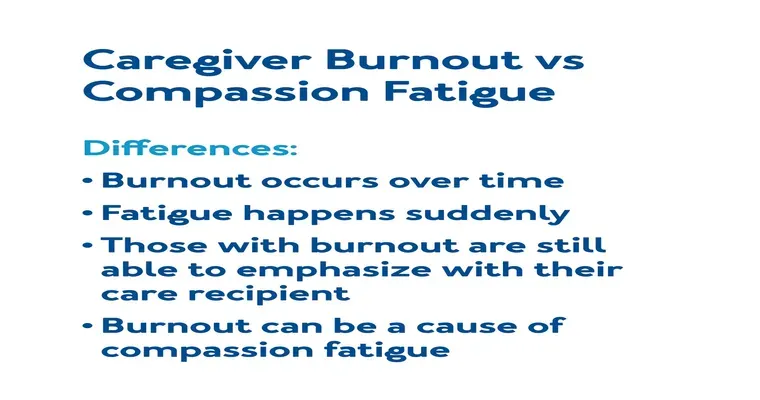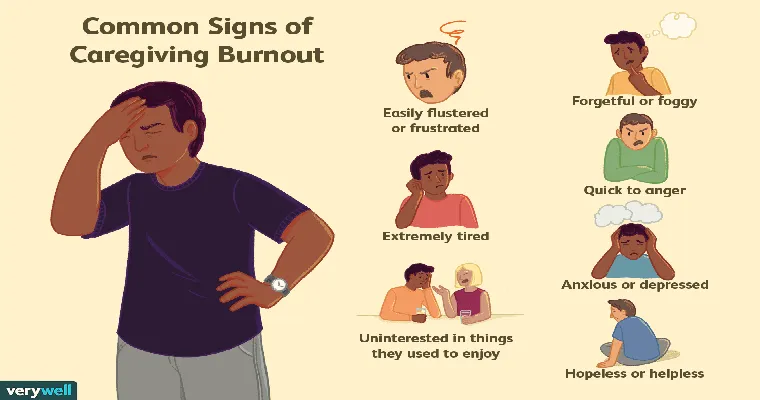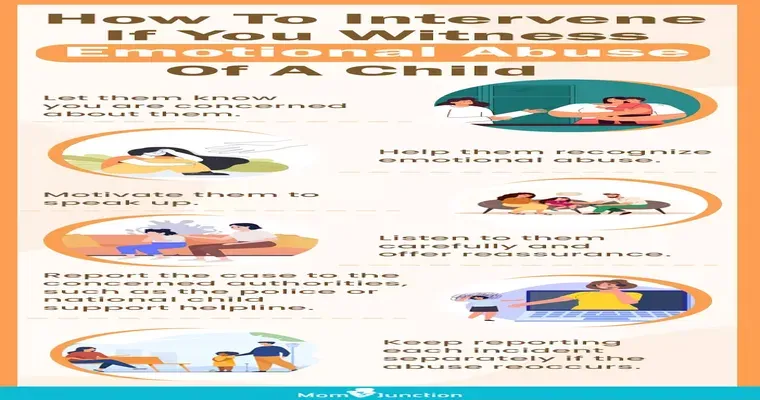Compassion fatigue is a pervasive issue affecting many "caregivers", "healthcare professionals", and individuals in "helping professions". It occurs when the emotional toll of caring for others leads to a profound sense of fatigue, diminishing the ability to feel empathy and compassion. Unlike burnout, which primarily stems from chronic work-related stress, compassion fatigue can arise from direct exposure to the suffering of others, creating a unique challenge for those in caregiving roles.
Understanding Compassion Fatigue
Compassion fatigue is often described as the "cost of caring." It can manifest in various ways, including emotional exhaustion, decreased job satisfaction, and a sense of hopelessness. Caregivers may find themselves feeling overwhelmed by their responsibilities, leading to a decline in their mental and physical health. Recognizing the signs of compassion fatigue is critical to address it effectively.
Signs and Symptoms
Caregivers experiencing compassion fatigue may exhibit several symptoms, including:
"Emotional Drainage": A profound sense of emptiness or feeling emotionally exhausted after caring for others.
"Decreased Empathy": A noticeable reduction in the ability to empathize with patients or loved ones.
"Physical Symptoms": Headaches, fatigue, and sleep disturbances can all signal compassion fatigue.
"Isolation": Caregivers may withdraw from social interactions, feeling disconnected from friends and family.
"Increased Cynicism": A negative outlook on caregiving roles and relationships may develop.
Causes of Compassion Fatigue
Several factors contribute to compassion fatigue among caregivers. These include:
1. "Chronic Exposure to Suffering": Constantly witnessing pain, trauma, or distress can take a toll on emotional well-being.
2. "High Workload": Caregivers often juggle multiple responsibilities, leading to overwhelming stress levels.
3. "Lack of Support": Insufficient emotional or professional support can exacerbate feelings of isolation and helplessness.
4. "Personal Trauma": Caregivers with unresolved personal trauma may be more susceptible to compassion fatigue.
Coping Strategies
Addressing compassion fatigue requires a proactive approach. Here are several strategies caregivers can implement to promote emotional well-being:
"Self-Care": Prioritize personal health by engaging in regular exercise, healthy eating, and adequate sleep.
"Set Boundaries": Establishing clear boundaries between work and personal life can help maintain emotional balance.
"Seek Support": Connecting with colleagues, friends, or support groups can provide a vital outlet for sharing experiences and feelings.
"Mindfulness Practices": Techniques such as meditation, deep breathing, and yoga can help alleviate stress and foster emotional resilience.
"Professional Help": Consulting a mental health professional can provide valuable coping strategies and support.
Conclusion
Compassion fatigue is a significant challenge for caregivers, often leading to emotional exhaustion and a diminished capacity for empathy. Recognizing the signs and implementing effective coping strategies can help caregivers navigate this difficult terrain. By prioritizing self-care and seeking support, caregivers can replenish their emotional reserves and continue to provide compassionate care to those in need. Understanding compassion fatigue is crucial not only for the well-being of caregivers but also for the quality of care they provide to others.





